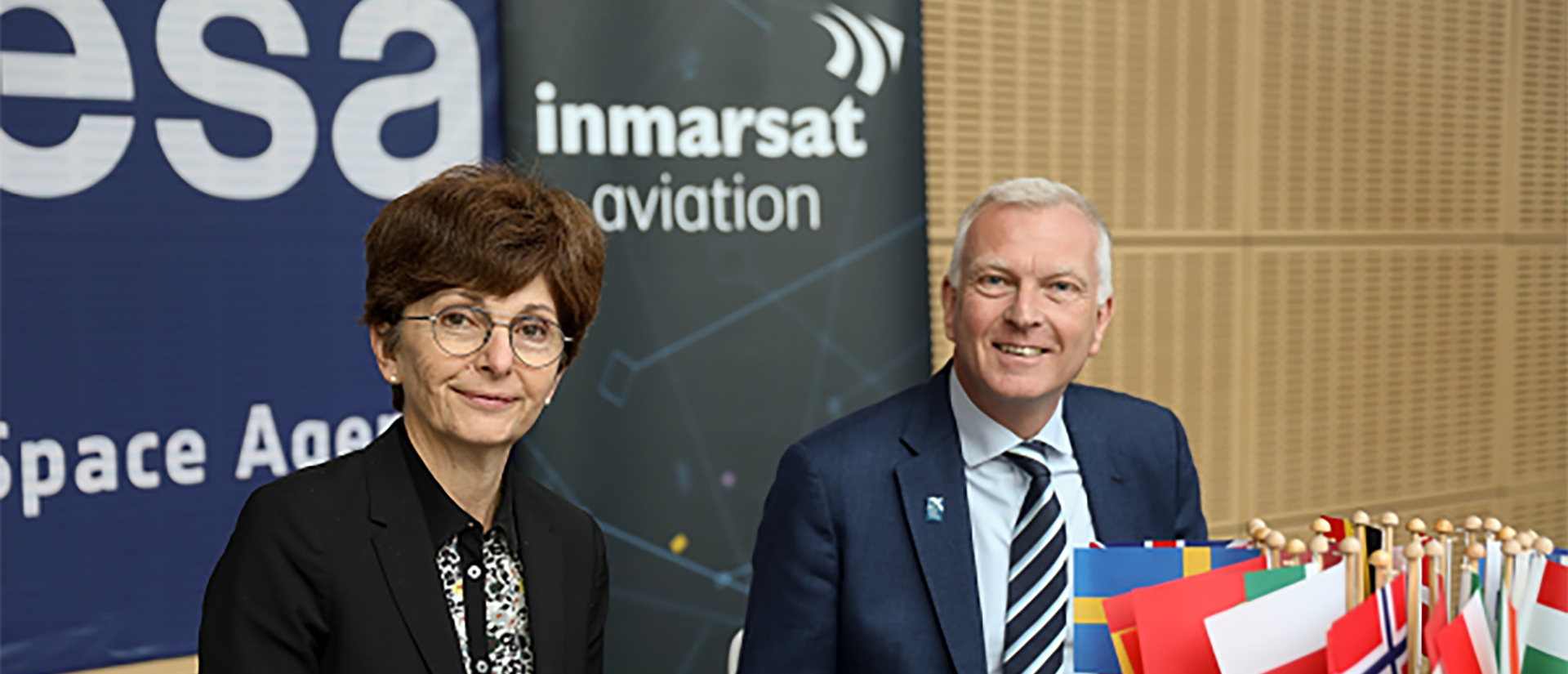Governments adopt 2050 net-zero carbon goal for air transport
MONTREAL, 7 October 2022 – Governments meeting at the International Civil Aviation Organization
(ICAO) Assembly in Montreal have adopted a goal of net-zero carbon emissions for international flights by 2050, one of the only global sector-specific climate goals. The goal aligns international aviation with the Paris Agreement and follows a commitment by the industry itself last year.
Executive Director of the Air Transport Action Group, Haldane Dodd says: “this is a milestone day for the aviation sector with governments backing up the industry goal on net-zero carbon by 2050. Air transport has always been able to work together to solve complex challenges and climate change is no different. We congratulate the world’s governments on reaching this important decision at ICAO.
“The spirit of global cooperation has been on show at ICAO over the past year with governments making the most of the benefits of multilateralism. But setting a goal is one thing. Making it a reality is where the hard work really begins and we need to continue – and accelerate – the efficiency improvements and energy transition that is already underway across the industry.
“Many States will need help implementing a net-zero pathway in their own country. Financing the transition will be a priority for governments, industry and the investment sector. And the energy industry will need to get serious about the build-up of sustainable aviation fuels. Net-zero aviation is a significant challenge, but it is fully achievable if we work together across industry, government, the energy sector and finance communities. Today’s adoption of the long-term goal by ICAO sets a common policy framework at a UN level. We now need individual governments to start working on their own policy environments to complement it.”
Director General of Airports Council International, Luis Felipe de Oliveira, said: “This is a watershed moment in the effort to decarbonise the aviation sector with both governments and industry now heading in the same direction. On a global scale, airports and ACI remain fully committed to reach this net zero goal and we look forward to working together as one aviation ecosystem – so air transport can sustainably deliver socio-economic benefits to people and communities for generations to come.”
Civil Air Navigation Services Organisation Director General Simon Hocquard said: “Reducing the environmental impact of aviation is one of the most pressing issues facing our industry. So we are delighted that Governments have backed aviation’s aim to fly net zero. CANSO and the ATM industry stands ready to play our part in meeting this ambitious goal.”
Willie Walsh, Director General of the International Air Transport Association, said: “Now that governments and industry are both focused on net zero by 2050, we expect to see much stronger policy initiatives in key areas of decarbonisation such as incentivising the production capacity of SAF. And the global determination to decarbonise aviation that underpins this agreement must follow the delegates home and lead to practical policy actions enabling all states to support industry in the rapid progress that it is committed to make”.
The Director General of the International Business Aviation Council, Kurt Edwards, added: “We commend ICAO for embracing net-zero carbon emissions by 2050, aligned with the business aviation industry’s long-term commitment. It signals to the world that governments, joining industry, must redouble climate-action efforts to achieve the goal, including implementing policies to encourage greater availability of and access to sustainable aviation fuels for all operators around the world”.
Chair of the International Coordinating Council of Aerospace Industries Associations, Jan Pie, said: “States’ agreement on an ambitious climate target aligns with the industry goal and is a strong signal of leadership in the fight against climate change by the civil aviation sector. As we go forward with new technologies and work to assure 100% compatibility of engines and aeroplanes with sustainable fuels, we look forward to working with ICAO to help put those targets into action”.
The decision on a long-term goal at ICAO comes after a year of intense negotiations bridging the different levels of development across the world. There was near unanimous support at the ICAO Assembly for the goal, with only a few States opposing the move.
Dodd said: “Importantly, the net-zero goal is shaped in a way that allows for different speeds of decarbonisation by countries around the world, ensuring that each government can respond to its own national circumstances but within a common global framework of action. Everyone is flying in the same direction towards net-zero aviation by the middle of this century.”

